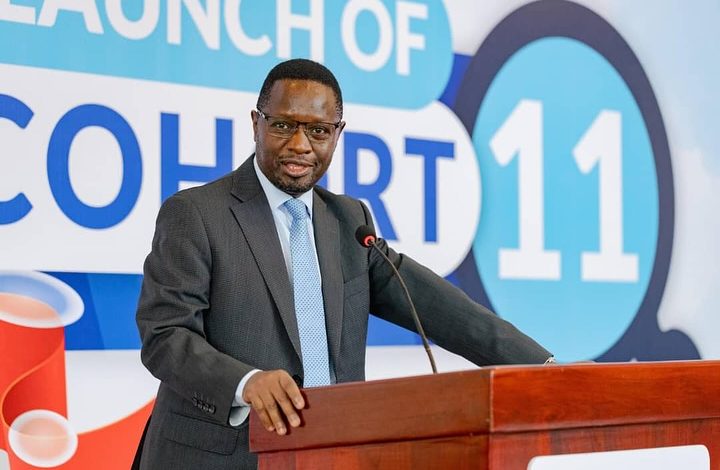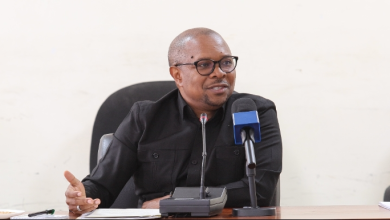ESAMI urges innovative, inclusive research

ARUSHA: THE Eastern and Southern African Management Institute (ESAMI) has urged researchers to pursue innovative and inclusive research that drives Africa’s development.
ESAMI Director General, Dr Peter Kiuluku, made the call yesterday while opening the two-and-a-half-day ESAMI Global Research Colloquium 2025 in Arusha.
Dr Kiuluku reminded participants that researchers are not merely observers of change but “architects of the future creators of knowledge, drivers of innovation, and stewards of humanity’s most powerful tools.”
He outlined eight pillars to guide modern research, beginning with digital transformation and artificial intelligence (AI).
He stressed that AI is no longer confined to laboratories but is now embedded in supply chains, financial markets, public services, medical diagnostics, creative industries and even personal relationships.
“The story of digital transformation is not about technology alone. It is about capabilities, culture and the courage to shape change. We are in an era of transformation from digitisation to automation and the rise of knowledgedriven systems.”
On governance, leadership and organisational performance, Dr Kiuluku said complexity in today’s world demands strong governance and adaptive leadership.
He explained that must navigate volatility, uncertainty and technological disruption while maintaining trust, transparency and connection.
Turning to competitive strategy and business innovation, he said researchers now operate in a marketplace where disruption is the norm.
He said innovation must embrace new business models shifting from linear thinking to platform-based systems and recognising the rising importance of data, talent, innovation pipelines and ecosystems.
He also underscored the need for social impact and inclusive development.
He said: “Innovation without inclusion creates inequality, and growth without equity creates fragility. Research without impact is just noise. We must ensure our work translates into real change.”
He emphasised that Africa needs development models that uplift all segments of society, including women, youth, marginalised groups and emerging economies.
According to Dr Kiuluku, poverty is increasingly defined by the absence of opportunity not only the absence of income.
He urged researchers to explore new approaches that generate value for society and businesses, including community-based entrepreneurship, impact investing and technology-enabled public services and that inclusive development is not charity.
He further highlighted that sustainable development and climate action are urgent priorities, with extreme weather, resource scarcity, food insecurity and forced migration already threatening global stability. Climate action, he said, is both a moral imperative and an economic opportunity through green industries, renewable technologies and circular economies.
“We need research that positions Africa to participate fully in sustainable development,” he said.
ESAMI Deputy Director General, Dr David Kalaba, added that research is not merely an academic exercise but a catalyst for institutional excellence, policy innovation and societal transformation





